IFP and Film Fatales hosted a panel discussion with a goal of informing filmmakers how to be inclusive. The event was held on Monday, July 22 at the IFP Made in New York Media Center. The panel consisted of Christine Bruno, Ann Bennett, Taylor K. Shaw, and S. Casper Wong and was moderated by Alexandra Juhasz. More on each at the bottom.
A couple of takeaways from the panel and discussion are that we have different abilities. Not everyone is the same and everyone has individual traits that make them who they are. You may see someone that has a harder time navigating society. This could be socially or physically. That makes their story. That makes them who they are. Even though they are unique, they still have commonalities with others. Those commonalities are what bring them together to a group. Maybe a connection is through national origin or skin color or mobility or gender. These intersections are what make the stories of us all.
The studios make their decisions based on what sells to the most people with the easiest and broadest strokes. This affects the stories being told from the writing to the casting. That doesn't even get into crewing. Sometimes, a character will be changed to accommodate the facilitation of casting. That changes the character though. This makes the character inclusive to the same people at the studios, but does it include everyone originally intended to be reached and understood? Not as often.
When a story is told, we try to understand what is being shown. We do this in our mind by relating it to our own experiences. When we don't see anything about the characters that may be part of us, it is harder to relate.
But how do we effect change?
If you have any control over a project, keep to the story by keeping the characters intact. You may be surprised that a person's skin color or gender is integral to the storytelling thereby telling a better story (than a whitewashed one) and selling more tickets than expected.
If you think there may be a better way to include someone or improve how things are for someone, ask the person that is affected for advice. Include them in the conversation. Don't be scared to ask.
If you are the person being excluded or offended, speak up. Be the change. Yes, you have to pick your battles wisely, but if nothing is ever said or done, nothing will change.
When creating a company or organization, state your identity in your name. For example, Taylor Shaw founded Black Women Animate. That says who they are and what they do. It lets others know, so they can get involved.
S. Casper Wong is the Founder of Asian American Women Media Makers as well as a documentary filmmaker and tech lawyer. Taylor K. Shaw is Founder and CEO of Black Women Animate. Ann Bennett is a documentary filmmaker (Through a Lens Darkly: Black Photographers and the Emergence of a People). Christine Bruno is an actor and director as well as Chair of the NY SAG-AFTRA Performers with Disabilities Committee. Alexandra Juhasz is the chair of the Film Department at Brooklyn College, CUNY.
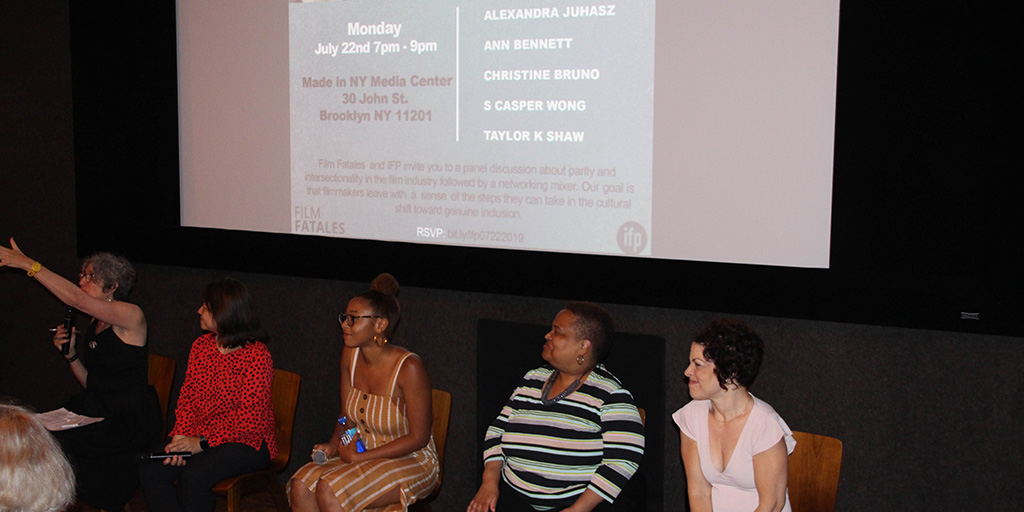
Alexandra Juhasz, S. Casper Wong, Taylor K. Shaw, Ann Bennett, and Christine Bruno
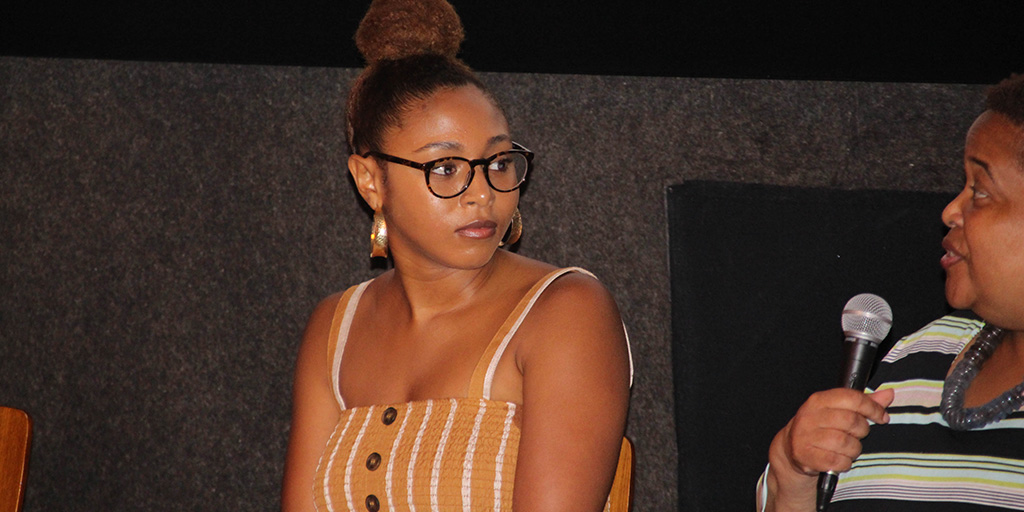
Taylor K. Shaw and Ann Bennett
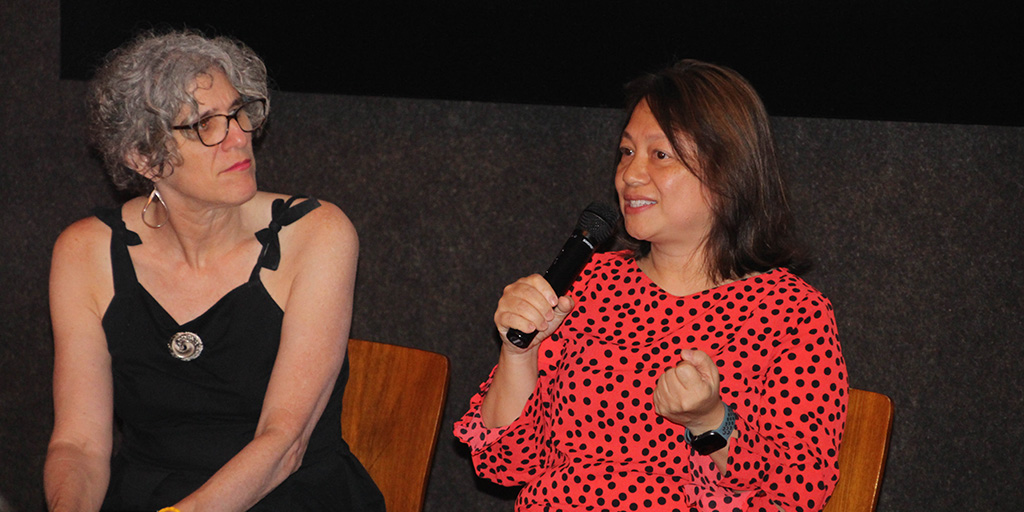
Alexandra Juhasz and S. Casper Wong
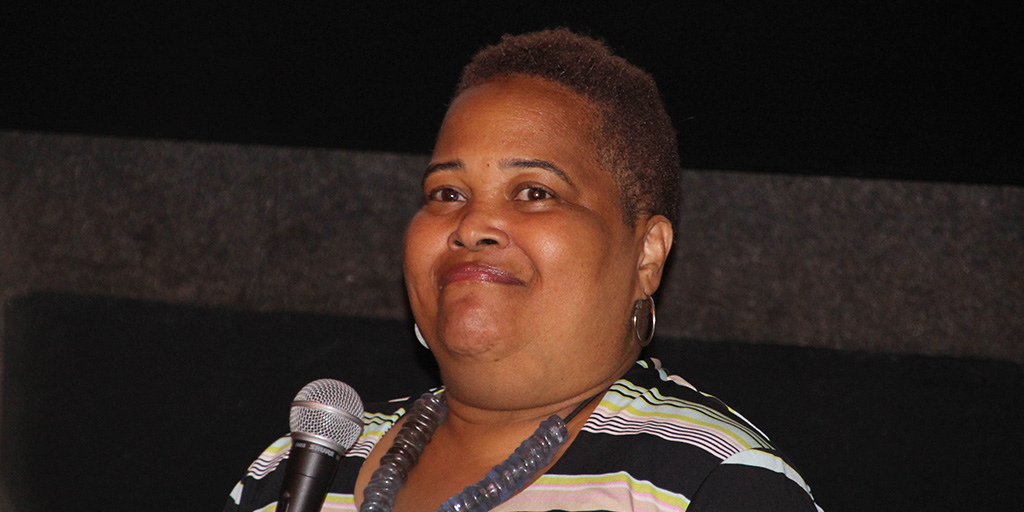
Ann Bennett
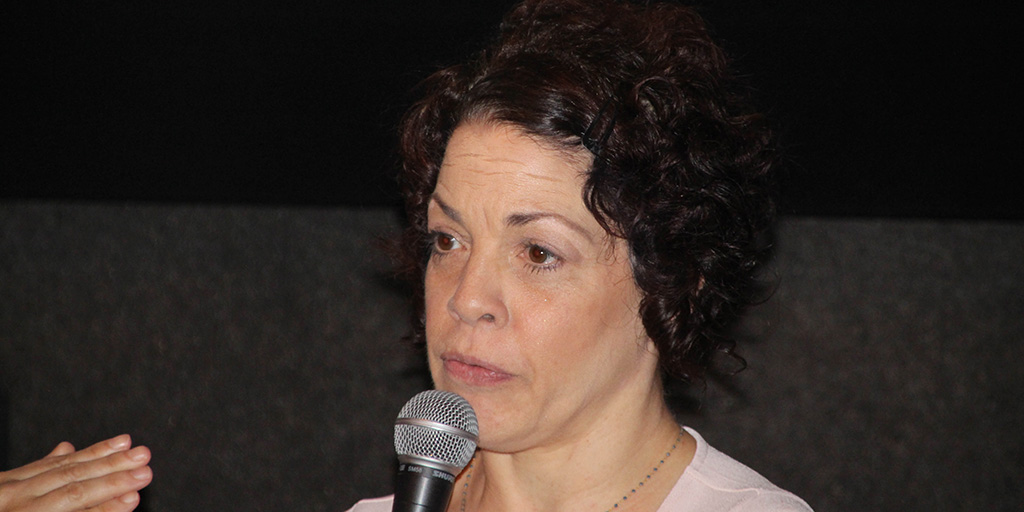
Christine Bruno